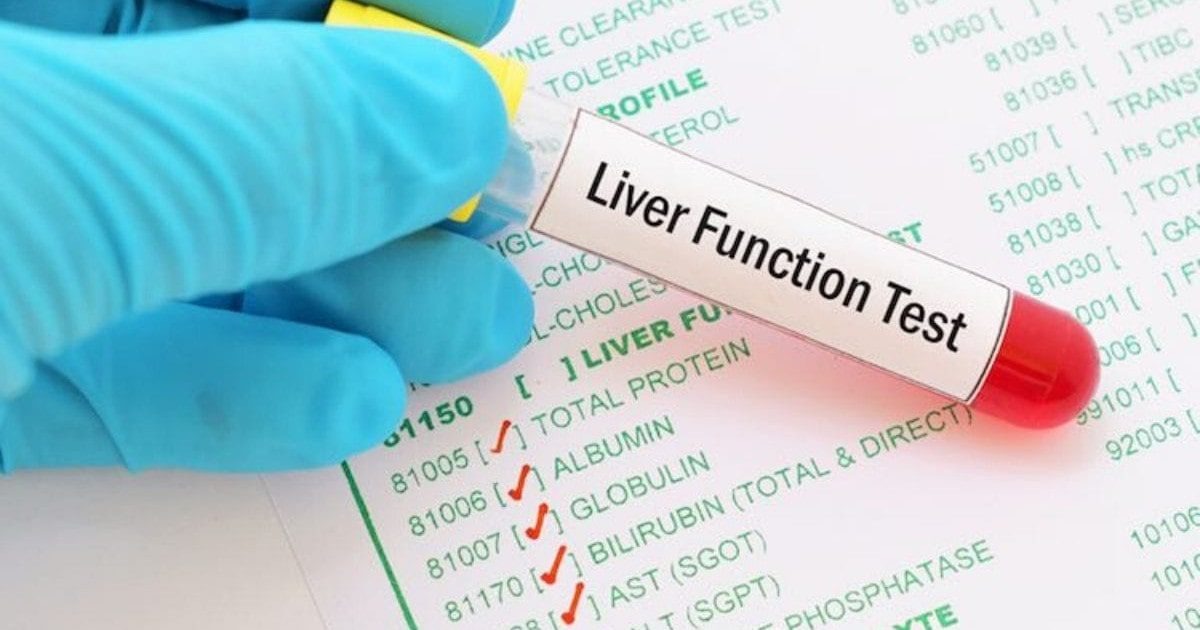The LFT test, also known as the Liver Function Test, is a crucial diagnostic tool. It checks the health of your liver by measuring enzymes, proteins, and bilirubin levels in your blood. This test is widely recommended for individuals showing signs of liver disorders or for routine health checkups.
What is an LFT Test?
The LFT test is a group of blood tests that evaluate how well your liver is functioning. It provides insights into issues like liver inflammation, damage, or infection. The test helps detect conditions such as hepatitis, fatty liver disease, and cirrhosis.
Why is the Liver Important?
The liver is one of the body’s most vital organs. It performs several critical functions, including:
- Detoxification: Removes toxins from the blood.
- Protein Synthesis: Produces essential proteins like albumin.
- Bile Production: Helps digest fats.
- Metabolism: Regulates nutrients and stores energy.
When the liver is damaged, these functions can be disrupted. That’s why an LFT test is essential to monitor liver health.
When Should You Take an LFT Test?
Doctors recommend the LFT test if you experience:
- Yellowing of the skin or eyes (jaundice).
- Fatigue or weakness.
- Unexplained weight loss.
- Nausea or vomiting.
- Swelling in the abdomen or legs.
It is also advised for people with a history of alcohol use, liver disease, or hepatitis.
Components of an LFT Test
The LFT test includes the following key parameters:
- Alanine Aminotransferase (ALT): Indicates liver damage.
- Aspartate Aminotransferase (AST): Measures enzyme levels linked to liver and heart health.
- Alkaline Phosphatase (ALP): Evaluates bile duct issues.
- Bilirubin: Assesses bile production and breakdown.
- Albumin and Total Protein: Checks liver’s protein synthesis ability.
These components provide a comprehensive view of liver function.
How is the LFT Test Done?
The test involves drawing a small sample of blood from your arm. You may need to fast for 8–12 hours before the test. Your doctor will provide specific instructions.
The procedure is quick and typically takes less than five minutes. Results are usually available within 24 hours.
What Do LFT Test Results Mean?
- Normal Results: Indicate that your liver is functioning well.
- Abnormal Results: Suggest liver damage, infection, or other health concerns.
Your doctor will interpret the results and recommend further tests or treatment if needed.
What Causes Abnormal LFT Test Results?
Abnormal levels in an LFT test can result from:
- Alcohol Abuse: Damages liver cells over time.
- Hepatitis: Viral infections that inflame the liver.
- Fatty Liver Disease: Caused by obesity or high cholesterol.
- Liver Cirrhosis: Scar tissue replacing healthy liver tissue.
- Medications: Certain drugs can affect liver function.
Timely diagnosis is crucial to address these issues effectively.
Who Should Get an LFT Test?
The LFT test is beneficial for:
- Individuals with Symptoms: Such as jaundice or abdominal pain.
- People with Liver Risk Factors: Including obesity, diabetes, or alcohol consumption.
- Routine Health Checkups: Helps in early detection of liver conditions.
- Monitoring Chronic Conditions: For patients with existing liver diseases.
Regular testing ensures you stay informed about your liver’s health.
Why is the LFT Test Important?
The LFT test helps in:
- Early Detection: Identifies liver problems before symptoms worsen.
- Treatment Planning: Guides doctors in choosing the right treatment.
- Monitoring Progress: Tracks liver health during ongoing treatments.
- Preventing Complications: Reduces risks of severe liver damage.
This test is a proactive step toward better health.
How to Prepare for an LFT Test?
To ensure accurate results:
- Follow any fasting instructions from your doctor.
- Avoid alcohol for at least 24 hours before the test.
- Inform your doctor about any medications you’re taking.
Proper preparation minimizes errors in test results.
How Much Does an LFT Test Cost?
The cost of an LFT test varies between ₹500 and ₹1500, depending on the diagnostic center. Some health packages include this test along with other essential screenings.
Choose a certified lab for reliable results.
Tips to Maintain Liver Health
- Eat a Balanced Diet: Include fruits, vegetables, and whole grains.
- Limit Alcohol Intake: Excessive drinking harms the liver.
- Stay Hydrated: Water helps flush out toxins.
- Exercise Regularly: Supports overall health and reduces fat buildup in the liver.
- Avoid Over-the-Counter Medications: Consult your doctor before taking any drugs.
Small lifestyle changes can make a big difference in liver health.
Benefits of Regular LFT Testing
- Peace of Mind: Ensures your liver is functioning properly.
- Early Diagnosis: Helps catch problems before they escalate.
- Custom Treatments: Tailored plans for liver-related conditions.
- Health Monitoring: Keeps track of chronic liver diseases.
Investing in regular testing is an investment in your health.
FAQs About LFT Test
1. Is fasting required for an LFT test?
Yes, fasting for 8–12 hours may be required for accurate results.
2. How often should I take an LFT test?
Annually for routine checkups or as advised by your doctor if you have risk factors.
3. Are there any side effects of the test?
The test is safe, with minor discomfort from the blood draw being the only issue.
4. Can diet affect LFT test results?
Yes, a poor diet can lead to abnormal results. Avoid fatty and processed foods for better liver health.
5. Is the LFT test only for adults?
No, it can be done for children and adults based on symptoms or doctor’s advice.
Conclusion
The LFT test is an essential diagnostic tool for assessing liver health. It helps detect early signs of liver problems, enabling timely treatment. If you experience symptoms like jaundice or fatigue, don’t ignore them.
Regular testing, combined with a healthy lifestyle, ensures your liver stays in top condition. Schedule your LFT test today for better health and peace of mind.
